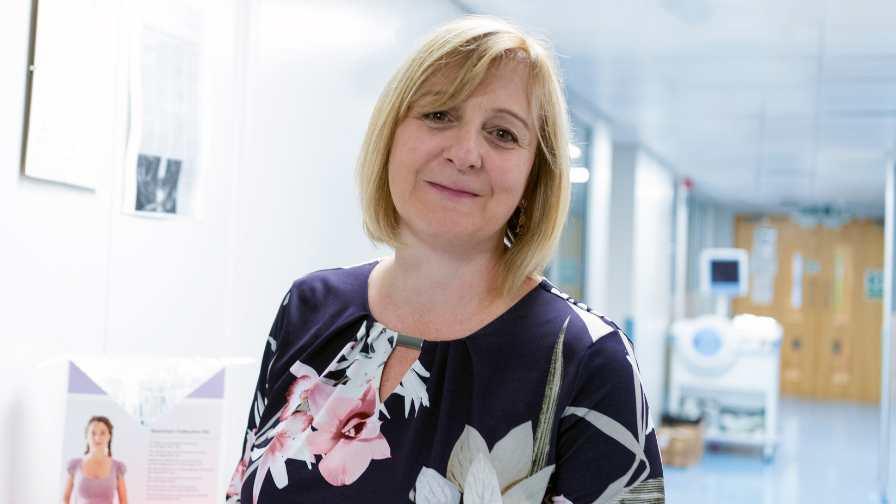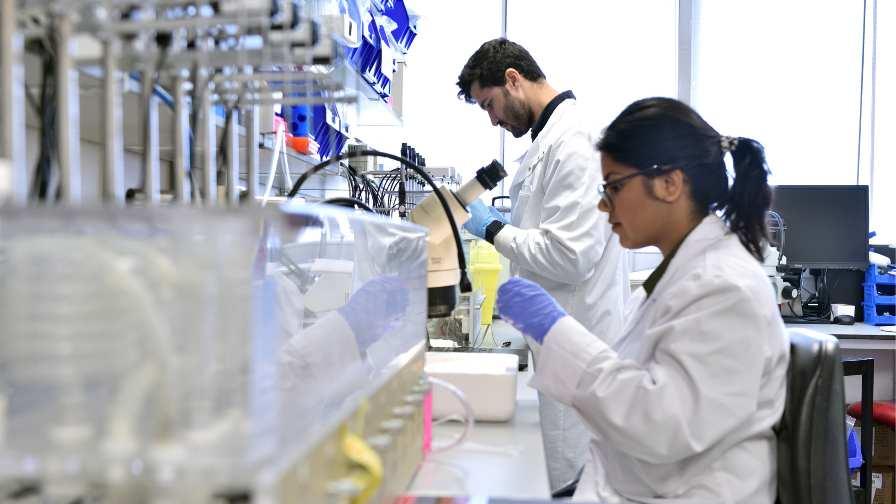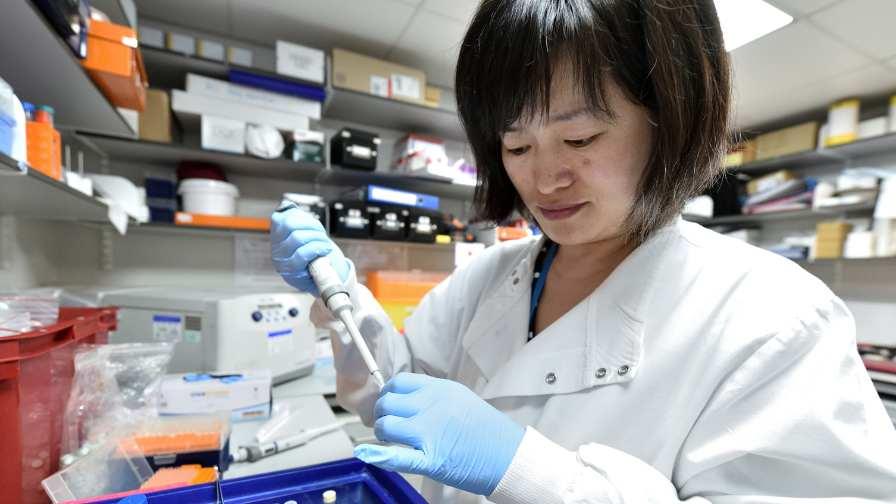
Rachel Tribe, Professor of Maternal and Perinatal Science, Faculty of Life Sciences and Medicine Vice Dean of the Department of Women and Children's Health, King’s College London, has been researching the causes of preterm birth for 20 years. We caught up with her about her recent work co-funded by Action which aims to identify a test to see which women will go into labour too soon and her current project investigating immunotherapy to prevent spontaneous preterm birth.
What inspired you to investigate this particular area?
I have been researching the causes of preterm birth for over 20 years. I understand the effect it has on families – being a preterm baby myself and having friends who are currently coping with the impact of preterm birth.
We are using our understanding of the biology underpinning preterm birth to identify new tests and treatments to help guide clinical management of pregnancies at risk of preterm birth.
Please can you tell us a bit about your journey working with Action Medical Research and the outcome of your early Action co-funded research project 'identifying a test to see which women will go into labour too soon', and what led you to your current research investigating immunotherapy to prevent spontaneous preterm birth?
Action Medical Research have been pivotal in supporting my team’s research over many years, our first project focus of identifying a new target in the muscle of the womb (the tissue responsible for generating contractions in labour) – this work has been very successful and we are currently working with pharmaceutical partners to test a treatment that could stop preterm labour.
However, it is not enough to try and stop preterm labour after it has started, we are also keen to be able to identify women most at risk earlier in pregnancy so that we can prevent preterm labour happening in the first place. A recently completed study did just this, by analysing swabs taken from women attending our preterm birth surveillance clinic – for a molecular signature that can predict preterm birth risk. We have isolated nano-sized particles that contain molecules released from cells lining the reproductive tract and are beginning to understand how the signals alter when a woman is at risk of preterm labour.
Please can you tell us a bit more about the progress of your research investigating immunotherapy to prevent spontaneous preterm birth?
Our new project is looking at whether we can develop a new treatment that can help prevent spontaneous preterm birth by modifying the mother’s immune and inflammatory responses during pregnancy. This is a collaborative study working with colleagues at the Karolinska Institute, Sweden, who have developed the idea of using human decidual stromal cells (specialised cells in the womb lining which play a role in helping the mother’s body accept the baby in the womb) to treat disease. This is a proof of principle project and going forward, we hope to gain additional funding to expand our work.
What do you hope to achieve through this research?
This represents the first step in determining whether a cell-based therapy, designed to reduce inflammation in pregnancy, could delay the onset of preterm birth. In the future, we would want to confirm this with more in-depth studies in the lab. We are really hopeful that our research will have impact.
What does Action funding for this study mean to you?
Pregnancy focussed research is not a high priority for most governmental funders in the UK. Action Medical Research provide support for projects that would otherwise struggle to attract funding. Also, being part of the Action Medical Research effort makes us feel part of a community that is truly working together to improve pregnancy outcomes. Our research priorities are informed by the needs and stories of supporters. We learn so much from talking to the fundraisers and parents and families. A united effort!

Can you tell us a bit about your team?
Clinical research is never about one person or even a small project group – it is the result of the hard work of many people. I work with an absolutely fantastic, multidisciplinary team (doctors, scientists, midwives, bioinformaticians and students) all dedicated to researching causes and treatment of pregnancy complications. For the current study, myself, Dr Natalie Suff and Dr Klaudia Toczyska focus on the experimental aspects alongside support from our colleagues (Dr Sadeghi, and Professors Westgren and Ringdén) at the Karolinska Institute, Sweden.
As a charity, Action began in 1952 with our founder’s quest to find a cure for polio. What led you to a career in medical research?
From a very young age I have been curious about how the body works and what causes illness. This led me to focus on science at school and undertake a degree in Physiology and Zoology at the University of Sheffield, followed by a PhD focusing on mechanisms underpinning asthma. Remarkably, there are common pathways of inflammation that link asthma and preterm birth – so when I could develop my own research team and area, I began researching pregnancy and birth.

Tragically, over 1,000 babies die each year in the UK due to premature birth. Globally, it’s the biggest killer of children under five. Learn more about how Action are powering research to understand and prevent premature birth: www.action.org.uk/borntoosoon.
